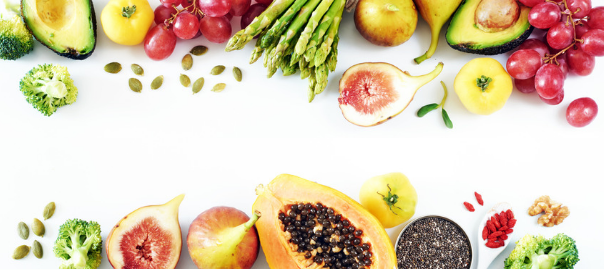In the UK, unexplained tiredness is one of the leading causes for people to visit their GP1. A recent YouGov survey found that around 13% of Britons feel constantly exhausted – a phenomenon so common that it has its own acronym: TATT (tired all the time). A further 25% report feeling exhausted most of the time, and 33% suffer with tiredness around half the time, which can have a huge impact on all aspects of their life.2
Once a specific cause such as anaemia or thyroid function has been ruled out, individuals are often advised to consider more sleep and to increase their exercise to improve energy levels, but what if your fatigue is not relieved by sleep, and exercise makes you feel even more tired? What if your exhaustion is coupled by an inability to cope with daily stressors and increased feelings of anxiety or brain fog?
While still a controversial topic in medical practice, a steep rise in the above symptoms has led many integrative practitioners to look to adrenal health for an answer, in a condition coined ‘adrenal fatigue’.
Last updated on 3rd January 2024 by cytoffice




